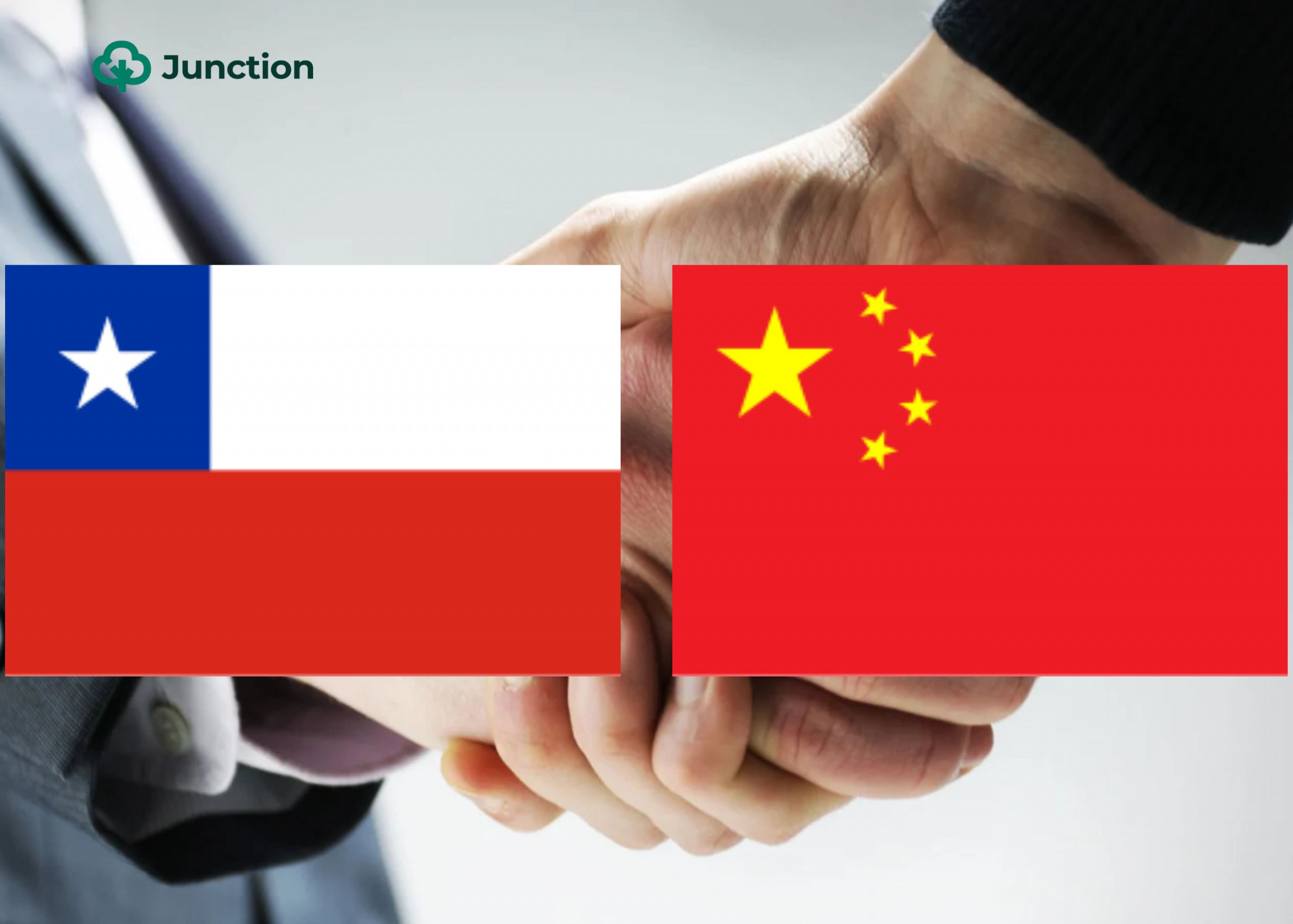News in brief:
– Chinese President Xi Jinping and Chilean President Gabriel Boric deepened bilateral ties during the CELAC-China Forum, promoting South-South cooperation, multilateralism.
– Their meeting, which focuses on agriculture and technology, signals a shift away from trade wars, as China strengthens alternative trade alliances in Latin America.
During a high-level meeting in Beijing, Chinese President Xi Jinping and Chilean President Gabriel Boric reaffirmed their commitment to South-South cooperation and multilateralism.
They met on the sidelines of the IV CELAC-China Ministerial Forum, which also marked the 55th anniversary of diplomatic relations between China and Chile.
President Xi emphasised the importance of deeper mutual development amid global instability. He advocated for expanded Belt and Road cooperation in key areas such as agriculture, infrastructure, green minerals, artificial intelligence, biomedicine, and the digital economy. Both leaders signed several agreements to enhance collaboration across trade, publications, inspections, media, and expert exchanges.
President Boric reaffirmed Chile’s adherence to the one-China principle and its pursuit of peace through dialogue. He voiced strong support for multilateral trade and criticised trade wars, noting historical injustices like the Opium War and Chile’s struggles with protectionism.
This meeting indirectly underscores the diminishing global support for trade wars like the one initiated by US President Donald Trump.
“When trade is free and designed to improve the welfare of all, not just a few, it becomes truly reciprocal,” Boric said.
He also positioned Chile as a bridge between regions, maintaining relations with the EU, the US, Asia-Pacific, and Latin America. His visit followed trilateral talks with the leaders of Brazil and Colombia, where he similarly pushed for inclusive trade and regional cooperation.
The meeting highlighted a growing alliance between China and Latin America, emphasising mutual respect, economic opportunity, and a shared vision for a more equitable global order.
It also shows that China is actively building resilient trade alternatives, particularly in agriculture, reducing the leverage that US tariffs once held. USDA’s Brooke Rollins has her work cut out for her if she is going to attempt turning Chile towards favouring American agrifood importers and exporters. Although Chile is not among the list of countries that she plans to visit in an aggressive ‘marketing’ push.



